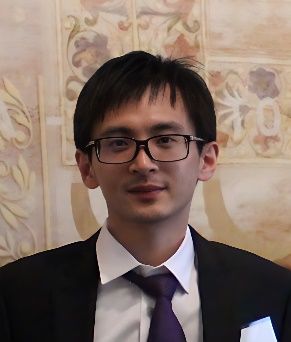主题|Topic:How Does the Loss of Draft Animals Affect Human Capital Accumulation in the Long Run?
时间|Time:4月17日(周三)15: 30 -17: 00
地点|Venue:文澴楼709教室|Class Room 709,WENHUAN
主办单位|Organizer:太阳成集团122cc官网入口
承办单位|Operator:北京大学-太阳成集团122cc官网入口新结构经济学研究中心
主讲|Speaker

吴贾,男,山东大学教授、博士生导师。主要研究方向为劳动经济学和人力资本积累。代表性成果包括以第一作者在American Economic Journal: Economic Policy、Journal of Population Economics、Journal of Economic Behavior & Organization、《经济研究》、《经济学》(季刊)、《世界经济》、《金融研究》期刊发表论文。近年来发表论文约40篇。获得国家自然科学基金面上项目、青年项目资助。担任潘苏通沪港经济政策研究中心(香港)兼职研究员、香港中文大学兼职研究员。
摘要|Abstract
Thispaper investigates the long-run effects of a mass killing of animal labor on human education. During China’s agricultural collectivization movement, advanced cooperatives were instituted between 1955 and 1957, leading to a widespread slaughter of draft animals. We leverage census and survey data to demonstrate that people who were exposed to more draft animal deaths during their school ages have better educational attainment, lower dropout rates, and better jobs today. These effects also extend to second-generation individuals who have long years of schooling and secure better jobs. Our findings suggest that these effects are due to decreased returns on agricultural work. We also find that people shift their preferences toward human capital investment, which possibly contribute to long-term effects spanning across generations.

